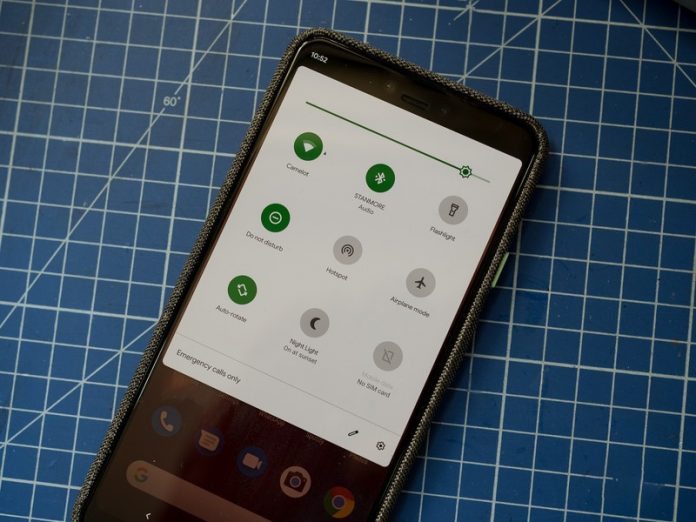Introducing Android Q Beta: The latest Android
In 2019, mobile innovation is stronger than ever, with new technologies from 5G to edge displays and even folding screens. automaton is true in the middle of this innovation cycle, and due to the broad the system of partners across billions of devices, Android’s serving to push the boundaries of hardware and computer code conveyance new experiences and capabilities to users.
As the mobile system evolves, the automaton is targeted on serving users’ profit of the newest innovations, whereas ensuring users’ security and privacy square measure continually a high priority. Building on high of efforts like Google Play defend and runtime permissions, automaton the letter brings a variety of extra privacy and safety features for users, in addition as enhancements for foldable, new arthropod genus for the property, new media codecs and camera capabilities, NNAPI extensions, Vulkan 1.1 support, quicker app startup, and more.
 |
| Android Q |
Today we’re cathartic Beta one of automaton letter for early adopters and a preview SDK for developers. you’ll be able to start with Beta one these days by enrolling any element device (including the initial element and element XL, that we’ve extended support for by common demand!) Please allow us to recognize what you think! browse on for a style of what is in automaton letter, and we’ll see you at Google I/O in could once we’ll have even added to share.
Control over location
Android Q allows users to have more control over the location of the device. Many apps use the location In the background (while apps are not in use).
 |
| Apps permissions |
This latest version of Android gives us three editable permissions in apps
· Allow this time
· Allow only while the app is in use
· Deny
Any app while not in use does not require the location to be accessed and that’s Android Q brings.
Privacy Protections
Android Q making further updates beyond the location such as users control and transparency of data. Users will be able to control the app’s access to their files from local storage or from the downloads folder.
Android Q also blocks the app from coming in the foreground of a running app without permission.
Users can control the sharing of files to the apps.
 |
| foldable screen UI |
Foldable screens
Nowadays the foldable devices have opened up some innovative use case experiences. Android Q makes changes to resizable activity manifest attribute works, to help you manage how your app is displayed on foldable and large screens.
Better Shortcuts for sharing
The process should be very fast while sharing a file with another app. Android Q makes this easier by sharing shortcuts which let directly jumps into another app to share content. The share UI can load instantly when launched.
 |
| setting panel view |
Setting panels view
The setting panel is a floating UI, that shows system settings like wifi, mobile hotspot, and others.
Android Q makes this UI more efficient and easy to use.
The wifi performance with this version of Android gets improved With privacy. The wifi assistant got WPA3 and Enhanced Open, to improve security for your personal and professional networks as well as private/public Networks.
Camera, Media, and Graphics
1.Dynamic depth for photos
2.New Audio
3.Specialized Blur and Bokeh photos
Security for apps
The Android Q adds bio-metric passive authentication such as the face and adding explicit authentication flows.
Android Q adds support for TLS 1.3, a major revision to the TLS standard that includes performance benefits and enhanced security.
As per developers blog of Android
Next, update your app’s targetSdkVersion to ‘Q’ as soon as possible. This lets you test your app with all of the privacy and security features in Android Q, as well as any other behavior changes for apps targeting Q.
HOW TO GET ANDROID Q BETA VERSION
On Google pixel—Pixel 3, Pixel 2, and on any other pixel devices, you can easily get the Android Q Beta by the On The Air Update.
If you don’t have the pixel device, you can use the android emulator, and download the latest emulator system images via the SDK Manager in Android Studio.
Follow Navtechy for more relevant updates

